A new generation takes the reins at Nairobi’s polo club
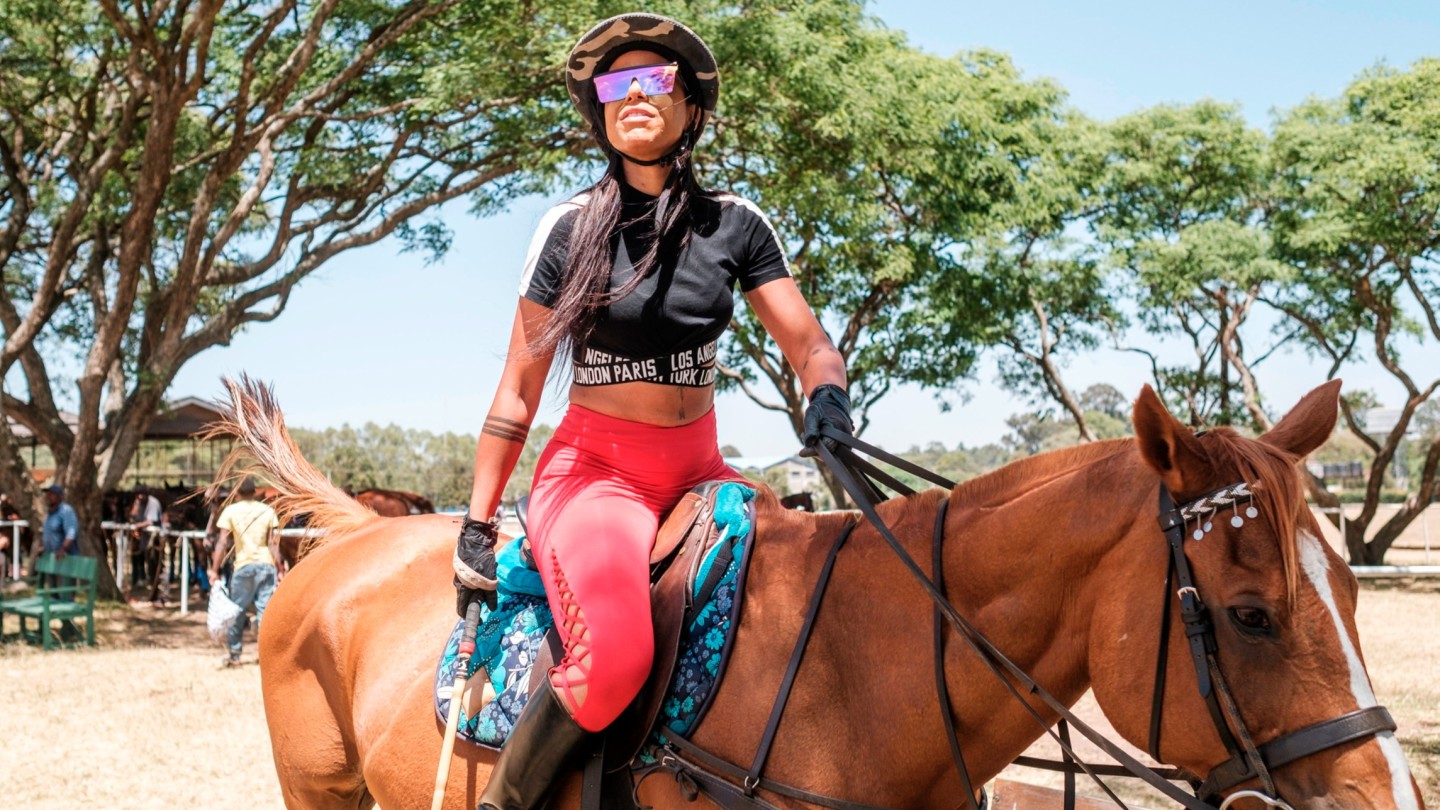
Roula Khalaf, Editor of the FT, selects her favourite stories in this weekly newsletter.
“Get back on the horse that threw you,” goes the old adage, which was repeated to me endlessly by my brother-in-law — one of Argentina’s most skilled horsemen — in my country’s pampas when I was in my early teens and started to have a go at polo. On a recent weekend, after two falls at the Nairobi Polo Club, 10,000km from my hometown of Buenos Aires, the phrase spurred me again.
I was swiftly back in the saddle, literally, after rolling off the horse while playing my first polo tournament in almost three decades. Soon after, I also found myself on a podium holding an elephant-shaped ebony trophy after having won the round-robin group of the last cup of Nairobi’s polo season.
“You survived, and you won — that’s quite an accomplishment after such a long time,” chuckled Raphael Nzomo, 57, the first black Kenyan chairman of the Nairobi Polo Club — which was founded in 1907 while the country was under British colonial rule — and the person who encouraged me to revive my attempts at the sport.
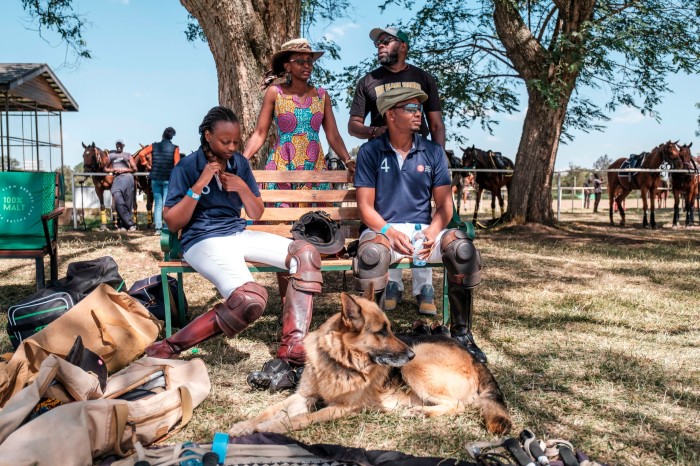

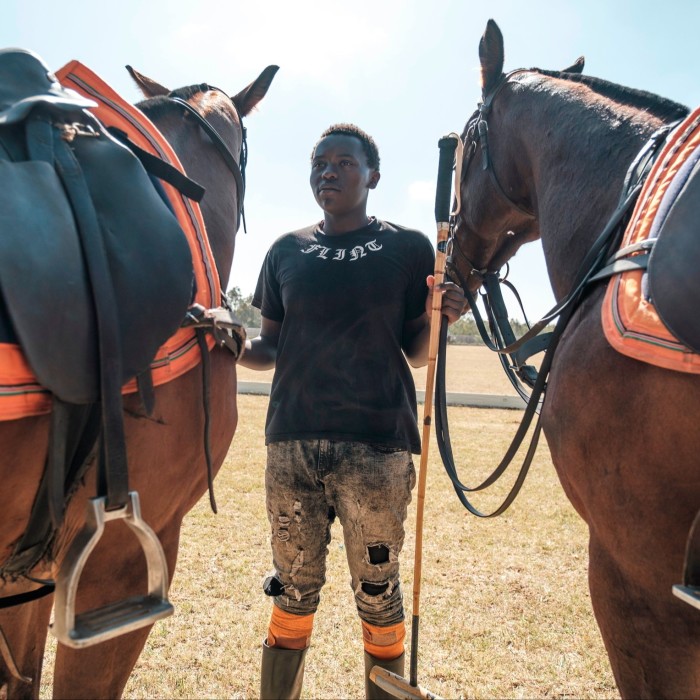
Nzomo, a successful airline businessman, started playing about two decades ago. He has become a leading figure among a group of African polo-playing enthusiasts who, investing in homegrown talent, have been pushing to make the sport more accessible and inclusive (though within the margins of requiring a couple of horses per game, something that is not cheap).
“It was December 2004 when I played my first tournament. Back then, I could barely ride and everybody was staring at me saying ‘who is this guy? He can hit that ball, but he cannot ride to save his life’. Anyway, the rest is history,” Nzomo told me, shortly before his team crushed mine on the pitch.
Today, he is not only one of the country’s top players, he also plays alongside his daughter and two sons, is breeding ponies in the country, and has underpinned the growing popularity of the sport. “I like to take credit for changing the sport here. Because, always when you read about polo, it talks about polo being the game of kings and princes and knights and I am none of that. I’m just a hardworking adrenaline freak who was intrigued by the sport and was not daunted,” he said.
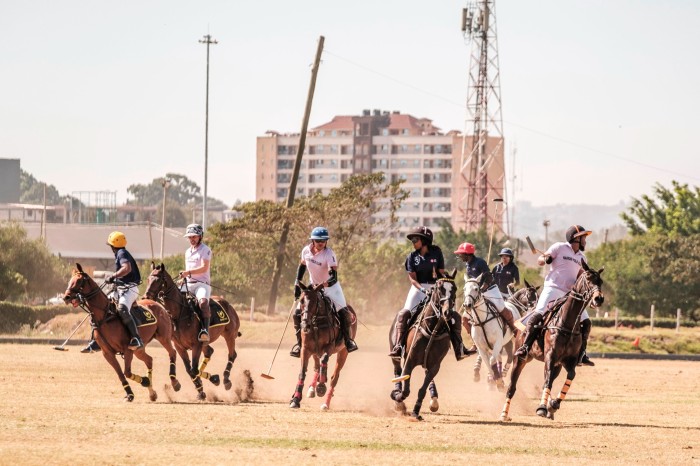
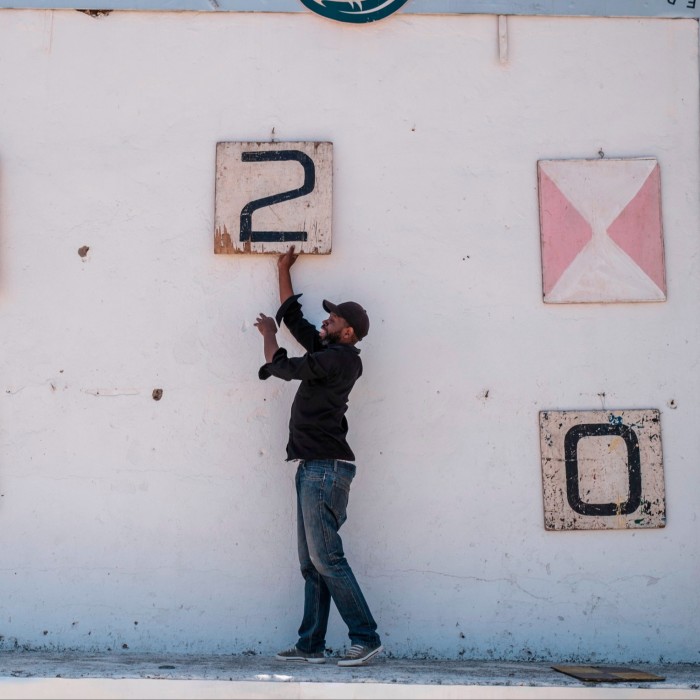
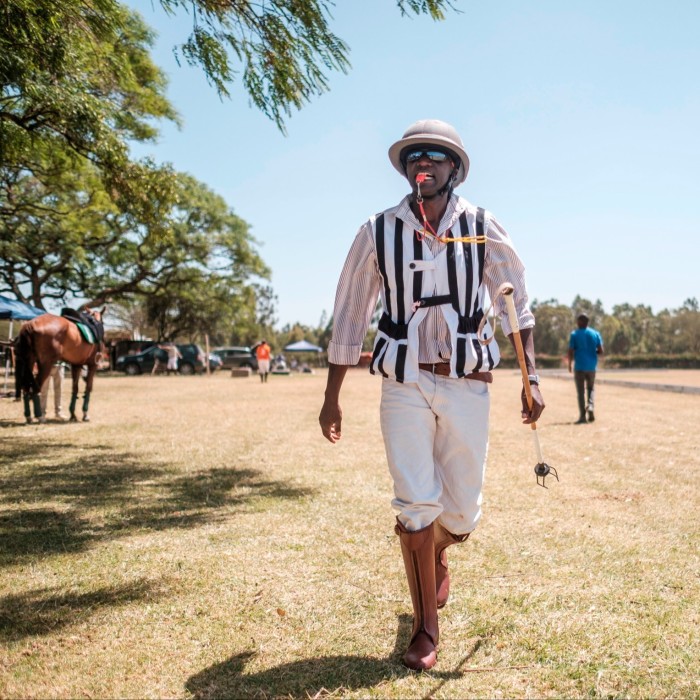
Others followed: the club has now more than 70 playing members, including a dozen newcomers, among them several women, who have joined during his tenure. And, for the first time in Kenya’s history, half of the players are black Kenyans.
“When I joined, it was 99 per cent white. Now, it’s 50/50, and the indigenous Kenyans are taking on the leadership,” he added. After two stints as chairman, Nzomo is due to step down in April. But he is certain another Kenyan will take the reins: “There are a lot of Kenyans now playing.”
The Nairobi Polo Club is the oldest polo club in east Africa, with two full-size pitches, a nicely refitted club house, and stables for almost 90 horses. Though it might lack the luxury brand sponsorships enjoyed by clubs such as Palm Beach or Cowdray Park, in recent years Nzomo has attracted a growing number of supporters, including East African Breweries, one of Kenya’s largest companies by market capitalisation, which makes the ubiquitous Tusker beer.

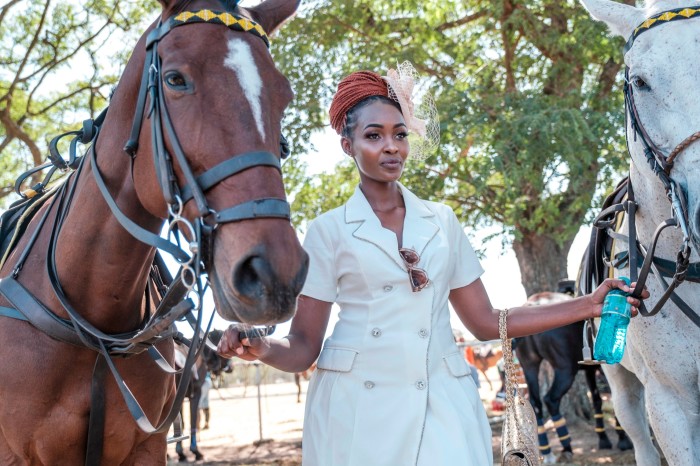
“Polo is always associated with Moët & Chandon and Veuve Clicquot. I said, ‘no, guys, just come and drink beer’, we have our very own Tusker beer. People love it and the crowds are growing. Some are not really interested in the game, they just want a good social, good music, dress fancy, that is a new thing. But then, there are the ones who look and ask, ‘hey, can we also play this game?’ It’s hooking them,” Nzomo told me. “We have demonstrated that polo can be popular, people are coming to talk to us, intrigued by the game, and saying, ‘It’s so great to see you play with your daughter, and with your sons. How can we get involved? And that is opening opportunities for polo in Kenya.”
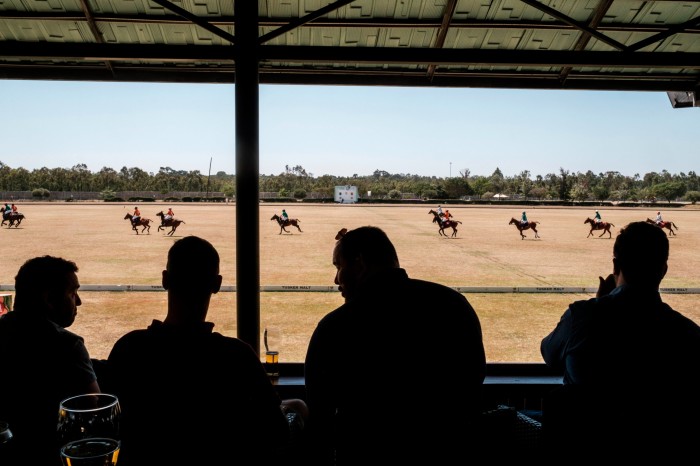
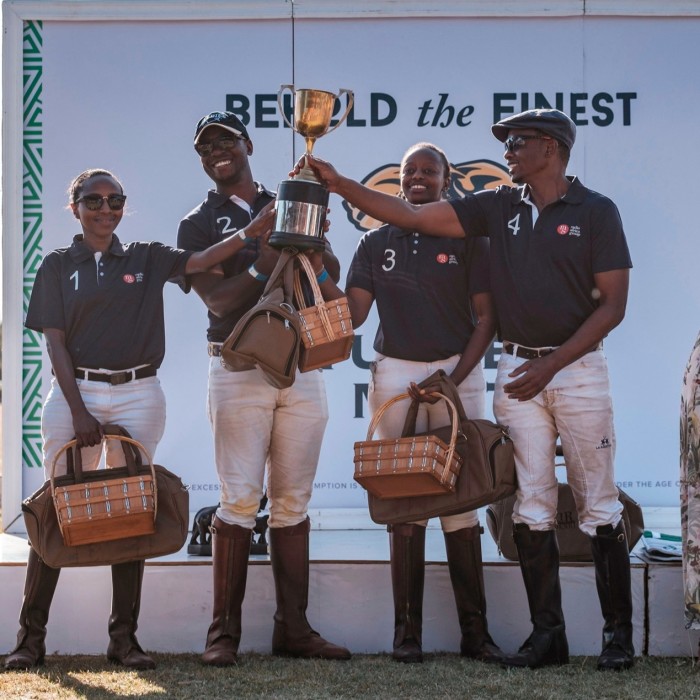

Michelle Morgan, 34, who joined the club a year ago, agreed. “It’s like a funnel — from spectating, people are transitioning to play,” she said. That is echoed by Hiromi, Nzomo’s 27-year-old daughter and a medical student: “There are a lot more born and bred Kenyans who are getting into this sport, which is fantastic. Polo is now embracing the wider community.”
Fun aside, on a personal level, polo is, once again, my grounding and escape. The joyful feelings from my Argentine teenage years galloped back into my adult Kenyan life. It is not just the adrenaline. It is getting back in the saddle to ride and play. Even though at my age I need a physiotherapist, not just an adage, to recover from the falls.
Andres Schipani is the FT’s east and central Africa bureau chief
Find out about our latest stories first — follow @ftweekend on Twitter

Comments